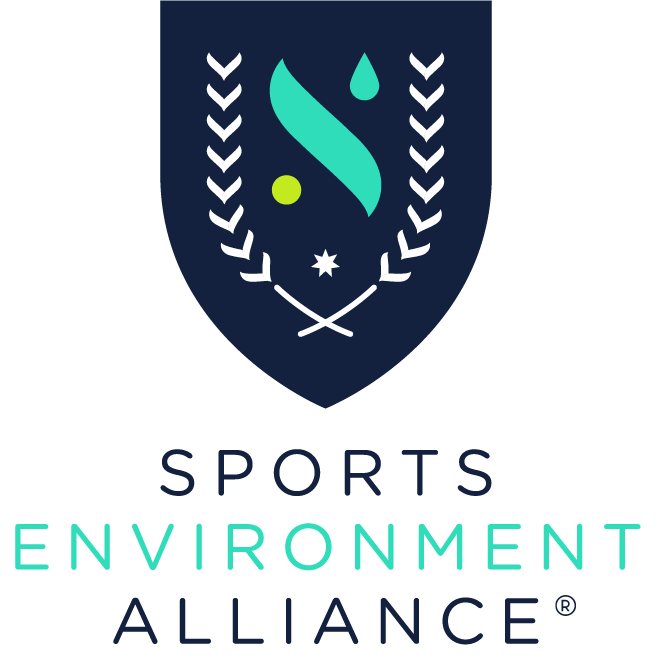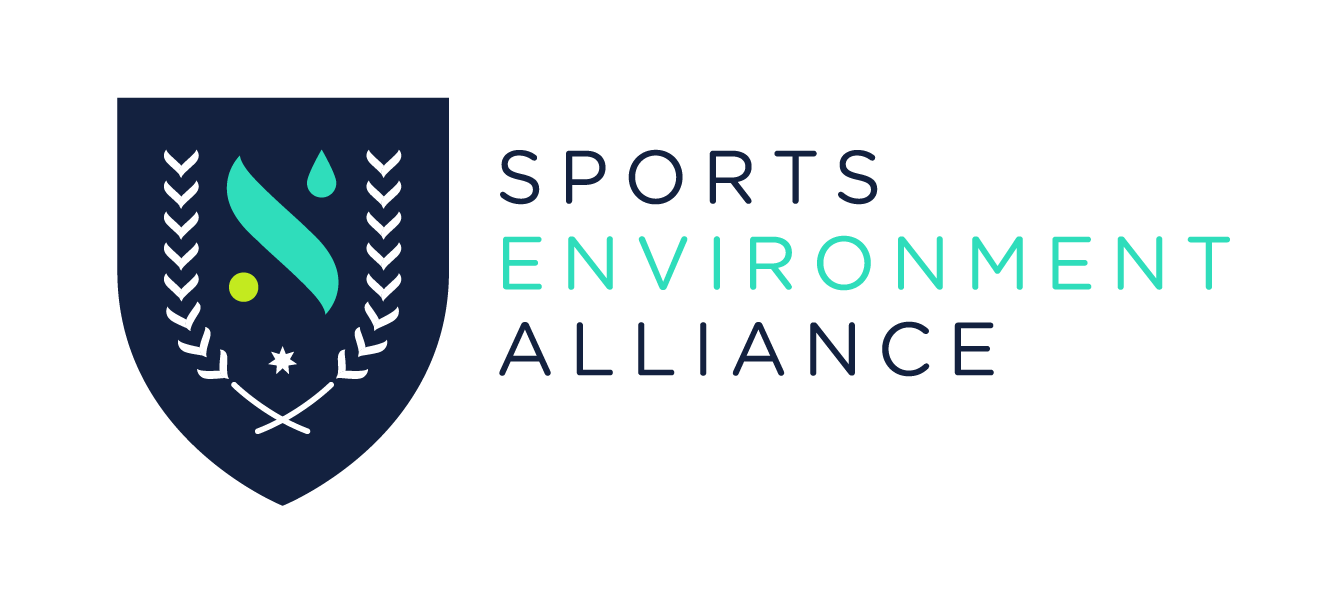Reuse Proven as the Lowest-Impact Option: New FOI-Released Evidence Lands Ahead of Australia’s Summer of Sport
As stadiums, clubs, and major events prepare for another massive summer of sport, new research released through Freedom of Information has delivered the clearest evidence yet that reuse must become the dominant approach to food and beverage packaging.
The research, summarised by Bettercup and drawn from five government-commissioned reports across Australia and New Zealand, confirms that reusable systems outperform single-use plastics and compostables across every environmental measure, often dramatically so. These reports were commissioned to inform the next phase of national and state policies, including initiatives such as the NSW Plastics Plan 2.0, which is accelerating the shift away from single-use items.
The findings arrive at a critical moment for the sports industry. Summer brings the highest concentration of crowds, hospitality demand, and packaging use across the calendar year. With millions of cups and containers consumed in venues, clubs, and community events, the environmental stakes - and the opportunity for leadership - have never been greater.
What the Research Shows
According to the FOI-released analysis, reusable packaging systems deliver the lowest total environmental impact once items are used beyond a modest breakeven point. Typically between 3 and 20 uses. After 20 uses, reusable cups produce up to 80% lower carbon emissions than single-use plastic PET cups.
The evidence is consistent across every Australian state and New Zealand:
Reusables were the lowest-impact option in every region, regardless of energy mix or climate.
Compostables were not a long-term solution, with higher climate and water impacts and low rates of proper processing.
System design matters more than consumer behaviour, return rates are high when systems are simple, visible, and hygienic.
Infrastructure is the key lever, especially commercial washing capacity and standardised return systems.
The conclusion is unequivocal: even under today’s conditions, reuse outperforms single-use and compostables by a wide margin.
A Timely Message for the Summer of Sport
With the summer season fast approaching, the sports sector is uniquely positioned to apply these insights. Stadiums, clubs, and event organisers operate controlled environments, ideal for the kind of consistent, convenient systems that make reuse succeed at scale.
The NSW Plastics Plan 2.0 signals growing regulatory interest in reuse-first systems, and the new research offers strong evidence to support early adoption across sport:
Controlled venues = ideal for mandated or voluntary reuse trials
High-volume, time-bound events = fastest path to scale
Large fan engagement = strong platform for behaviour and expectation shifts
The summer calendar provides both a topical reminder and a practical opportunity: venues can dramatically reduce emissions, waste, and costs while showcasing environmental leadership when the eyes of the nation are watching.
A Call for Collective Action
Christie Kamphuis, Co-Founder of Bettercup, emphasises the significance of this new evidence:
“The evidence is clearer than ever: reuse isn’t just the lowest-impact option — it’s the only approach that consistently cuts emissions, reduces waste, and works in every region. What we need now is the collective will to build the infrastructure and partnerships that make reuse the norm rather than the exception.”
Her message aligns strongly with the direction of national policy and the sustainability goals of major sporting organisations.
How SEA Will Support the Transition
Throughout the summer and into 2025, Sports Environment Alliance will continue working with sporting organisations, major venues, and event partners to:
Share evidence-based insights from national research
Support reuse pilots and demonstrations
Connect members with best-practice operators and providers
Provide practical tools to help clubs and venues transition
Highlight success stories from across Australia and New Zealand
Sport has a unique ability to influence culture, and this summer, it has the chance to help normalise reuse as a national standard.
Because when it comes to reducing environmental impact, the evidence is in… and it’s time to act.

